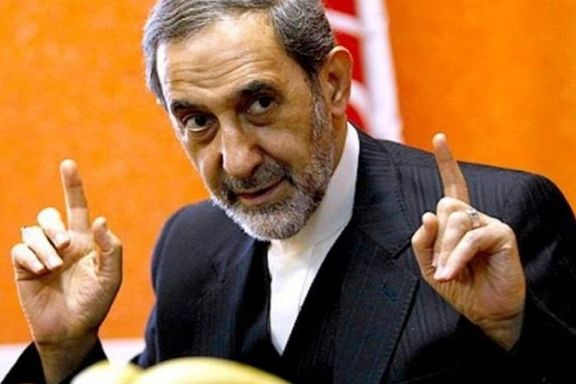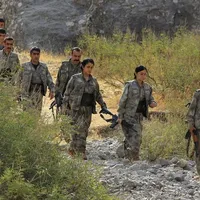The proposed legislation, titled “Combating the Dissemination of False Content in Cyberspace,” was originally drafted by the judiciary but reviewed and submitted to Parliament by Pezeshkian’s cabinet on July 20.
It comes after Iran announced it had arrested 2,000 people during and after the 12-day war with Israel, with some detainees accused of collaborating with Israel.
Widespread internet restrictions imposed during the country’s 12-day conflict with Israel remain largely in place.
Given Iran's parliament is dominated by hardliners, the bill is expected to face little resistance. Some lawmakers are reportedly pushing to make it even stricter.
Vague language, severe penalties
Many have sounded the alarm over the broad and ambiguous language of what they call the cyber censorship bill.
Legal expert Mohammad-Hossein Jafari told the moderate outlet Entekhab that its lack of clear definitions could empower security agencies to arbitrarily prosecute critics.
The bill includes harsh penalties, such as steep fines, bans on media activity, and prison terms ranging from 10 to 15 years if content deemed false is posted during a “crisis”—a sentence harsher than that for armed robbery under Iranian law.
The timing has drawn further scrutiny, coming just days after a fragile ceasefire between Iran and Israel and amid fresh arrests of citizens accused of spreading falsehoods on social media.
“The bill … is not designed to fight lies, but rather to eliminate independent narratives, restrict freedom of expression, and legally target journalists and critical users,” wrote journalist Alireza Rajaei.
Critics say the legislation will stoke public mistrust, entrench self-censorship, and undermine civil liberties. Former lawmaker Mahmoud Sadeghi argued the administration could have revised or blocked the judiciary’s draft instead of submitting it.
Legal expert Kambiz Norouzi and Reform Front head Azar Mansouri also called on Pezeshkian to withdraw the bill.
“This contradicts your stated principles and Chapter Three of the Constitution,” Mansouri wrote on X, referencing sections that guarantee citizens’ rights and the free flow of information.
Mounting personal criticism
An increasing number of critics are holding Pezeshkian personally responsible.
“The bill you submitted is a final blow to freedom of expression,” wrote IT professor and activist Ali Sharifi-Zarchi, noting that state media spreading false claims—such as the supposed downing of Israeli F-35s—remains untouched, while ordinary users are punished.
Lawyer Ali Mojtahedzadeh described the bill as “shameful and frightening,” adding in a pointed jab at the president:
“Even [ultra-hardliner Saeed] Jalili couldn’t have done more harm to free speech,” he posted on X.
Others have highlighted contradictions in Pezeshkian’s own rhetoric—including some who campaigned for him in last year’s election.
“How can you talk about dialogue,” journalist Ehsan Bodaghi asked on X, “when your government just backed legislation that silences citizens? Why didn’t you stand up to the Judiciary and protect what little freedom remains?”














